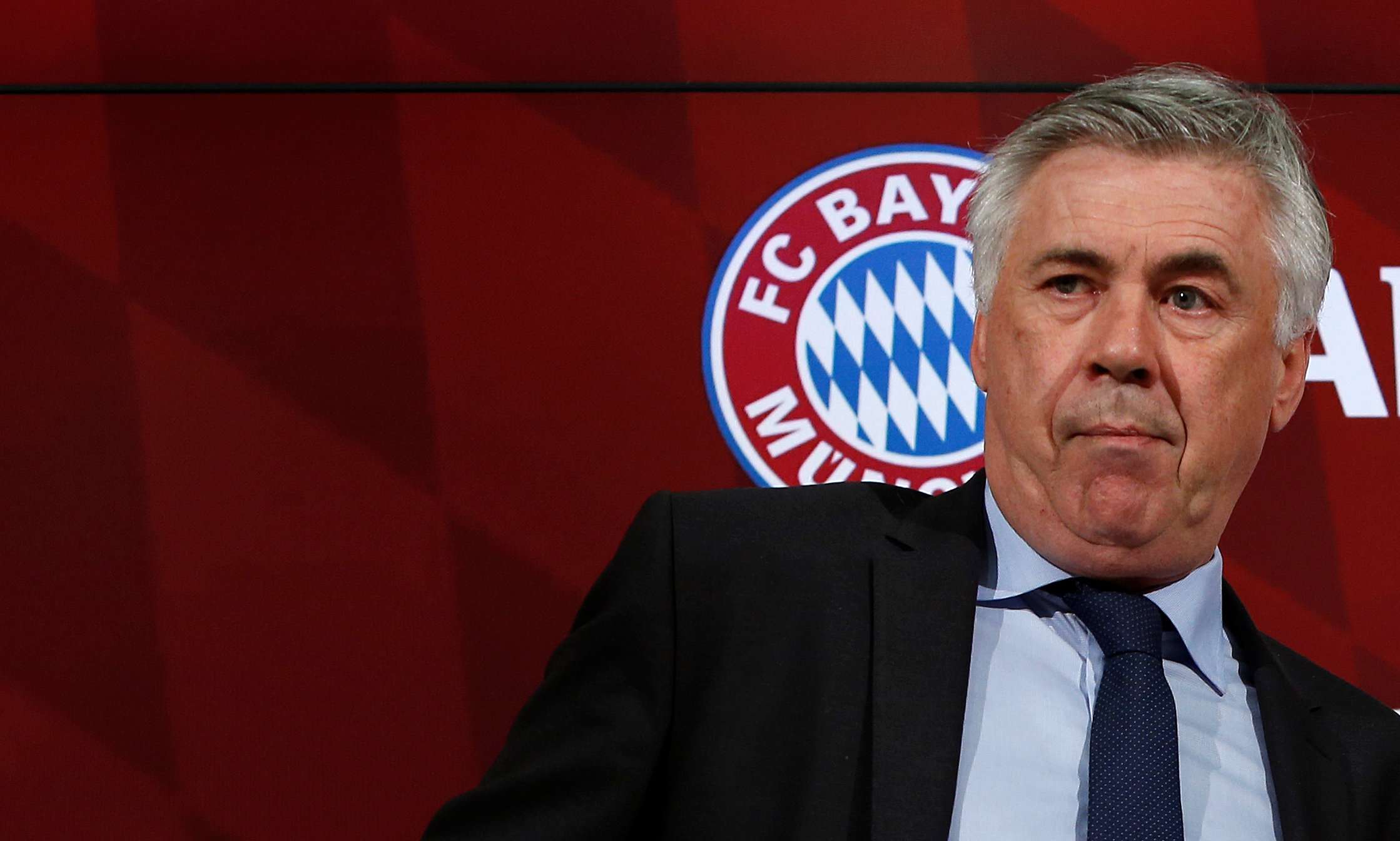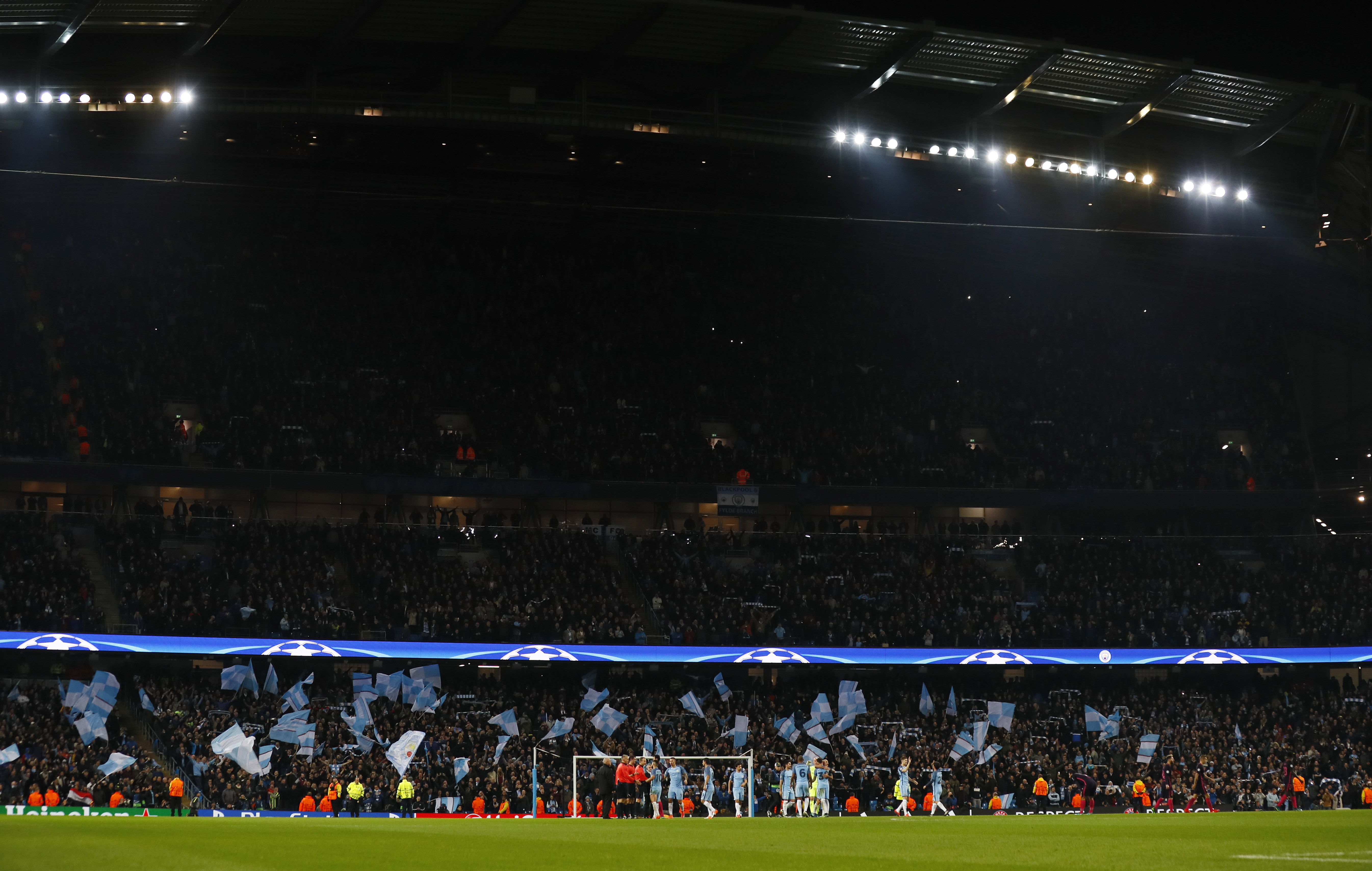Man City and Bayern Munich add a personal touch for fans around the world
It’s no secret that the sporting world is getting smaller.
Social media, a globalised economy and, frankly, the internet in general all mean that everyone around the world has the opportunity to watch top class sport from every other part of the planet.
No longer are sporting heroes just local heroes.
But if sport is becoming as globalised as every other industry, it has to follow the same rules: the biggest, established sports are the ones everyone flocks to. And that’s why football, and the most prestigious football clubs, are such a sought-after sporting commodity worldwide.
Indeed, over the last few years, the biggest growth markets for football – not just the Premier League, but the biggest European leagues, too – have been in China and India. That’s over two billion potential fans who haven’t been snapped up yet, as far as the biggest clubs are concerned. Throw in the USA and you’re starting to exert an unprecedented control over your sport.
There’s something rather imperialistic in that, of course, but that doesn’t mean that the digital output and strategies of those clubs can’t be good. Indeed, there is some great work being done by clubs to engage with fans overseas.
But those successful clubs are doing more than just engaging digitally with their fans: the key seems to involve a more personal touch.
A few weeks ago, Manchester City renewed their partnership with BNN, a Chinese content and and services company, in a bid to increase their activity in the country and boost the club’s presence on popular news app Xinhua. That will allow the club to serve up exclusive news, interviews and training footage to their fans.
But one of the quieter aspects of that strategy involves giving those Chinese fans the opportunity to win signed merchandise or VIP trips to Manchester to see City play live at the Etihad Stadium.
That, in itself, sounds fairly common and almost gimmicky, but for the fans involved, it shows City’s presence in their everyday lives beyond their phones. In the digital age, it’s easy to feel like your engagement with sport – and anything else to do with culture, like films and music – is done behind a screen, one step removed from reality. Watching Manchester City play live on TV when you’re within a few hours’ drive of the stadium where it’s easy to pick up a ticket is one thing, but when you have little or no hope of being able to travel to a game taking place half the world away, fandom starts to get hidden behind a digital veil. You know a physical, sporting reality exists behind the internet, but it starts to feel impenetrable.
City’s promise to fly some Chinese fans over to games, and even set up some football academies in the country, are an attempt at creating a physical presence as opposed to a digital one. And whilst it’s likely that only a few fans will ever feel the benefits of that, it seems important that clubs do at least acknowledge the problem and try to solve it as best they can.
The Bundesliga – Germany’s top football league – have launched a similar campaign, too. They appealed to Chinese fans of German clubs to send in their footballing ‘dreams’. 50,000 responses were received, and they’ll attempt to make 15 come true. It’s a low rate, but it establishes a real presence. Once again, signed merchandise and VIP trips were some of the tools used to engage fans, as well as personalised messages from some Bundesliga stars.
The idea is to make an emotional connection with Chinese fans in a way that normal online engagement won’t. Even if the real experience is only shared by a select few, the activity is there for everyone. Sporting fandom, after all, shares many of the same properties as political nationalism – and finds a very powerful common ground in international sport – but to create new fans who have no emotional ties with your club or city is tough. That has to be manufactured. Otherwise fans would be happy to find another team to support if the club they chose initially started losing.
Only a personal touch looks likely to achieve that level of commitment.
But in a slightly bizarre twist on incorporating a more physical, personal touch into the digital strategy, Bayern Munich look like they’ve come up with a novel way to add a bit more ‘everyday life’ to social media. They’ll be holding a press conference for their pre-season friendly tournament, the Audi Cup, featuring manager Carlo Ancelotti and a ‘special guest’ in hologram form.
#AudiCup 2017: Watch tomorrow's hologram press conference with #Ancelotti and the other participating coaches live from 13:30 CEST. ???? pic.twitter.com/Xn8vlaylqu
— FC Bayern English (@FCBayernEN) May 11, 2017
Clearly, connecting with your fans has to have some sort of resonance beyond the digital distance social media creates. Fans want experiences, and if they can’t soak up the atmosphere in a stadium or share a last-minute winning goal with thousands of other like-minded fans, then emotional connections become much harder to foster.
You have to get creative. But I’m sure there’s a limit. I wonder if I’d be more likely to follow the fortunes of Bayern Munich next season if hologram Carlo Ancelotti spent an evening at my dinner table?
About author
You might also like
SPORTEL 2021: Day One Recap
This year’s prestigious SPORTEL convention kicked off in sunny Monaco today, welcoming a host of familiar faces as well as plenty of new ones. Doors opened at 8:30am with businesses
Six Founding Riders Set To Bring The Vision Of The UCI Track Champions League To Life
Olympic Champions, UCI World Champions and World Record holders join the new track cycling competition debuting in November 2021 The UCI Track Champions League is delighted to announce that six
Sports related spending to soar this summer as pre-pandemic life resumes
New insights from eBay Ads UK reveal the potential for brands to engage with an excited but nervous nation as sports events get back on track As pubs and indoor









